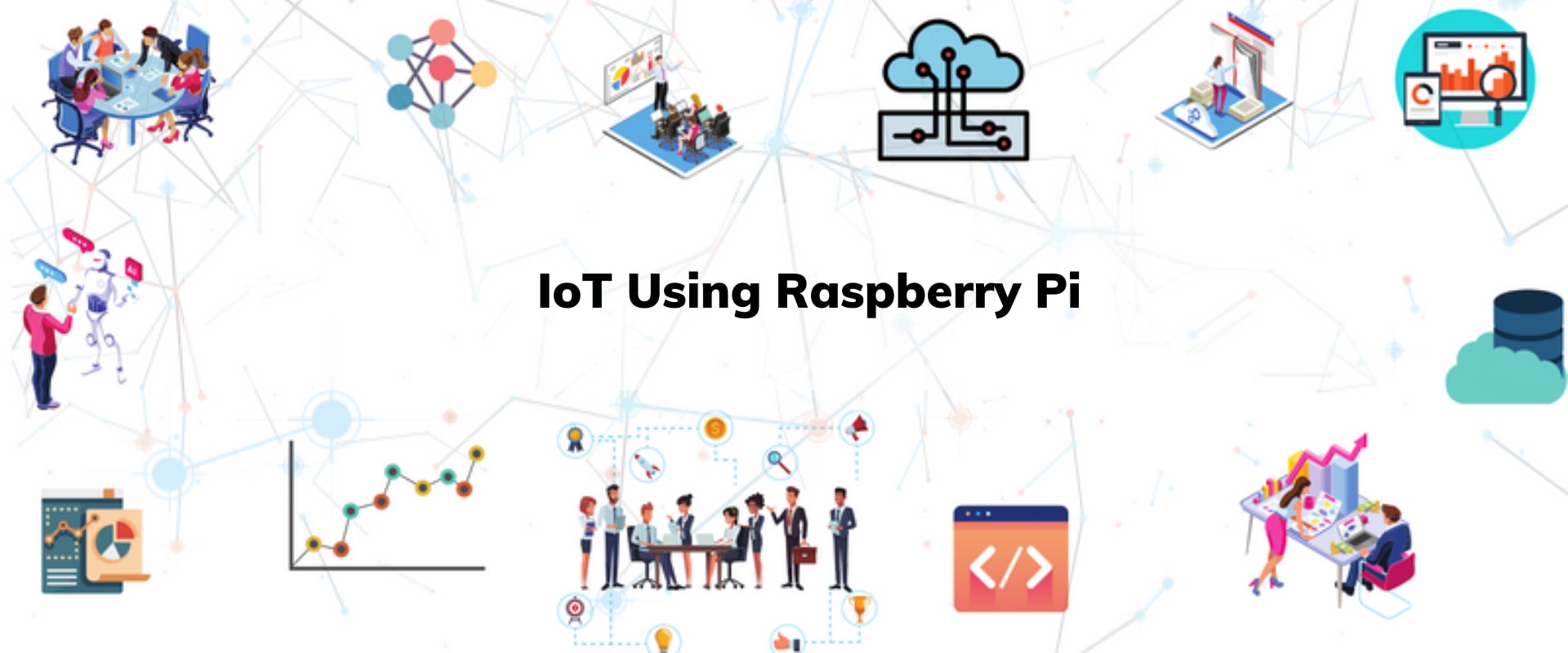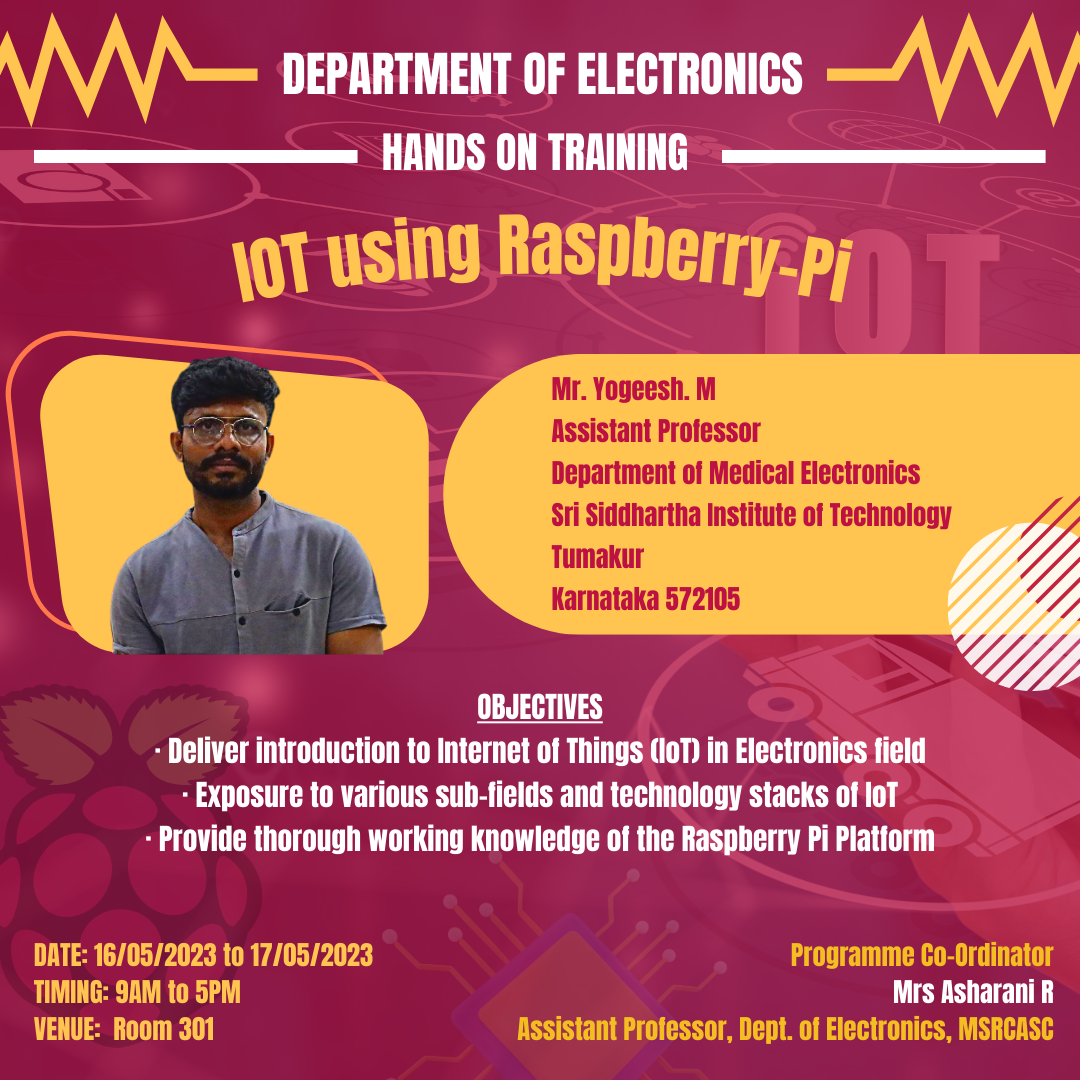Alright, let’s cut to the chase: is Raspberry Pi an IoT device? The answer isn’t as straightforward as you might think. It’s like asking if a Swiss Army knife is just a knife—it depends on how you use it! Raspberry Pi has taken the tech world by storm, and its versatility makes it a game-changer in the Internet of Things (IoT) space. Whether you’re a hobbyist tinkering with home automation or a professional building complex systems, Raspberry Pi can be your go-to tool.
Now, before we dive deep into the nitty-gritty of Raspberry Pi and IoT, let me set the stage. Imagine a tiny computer that fits in your palm but packs enough power to run everything from weather stations to smart home devices. That’s Raspberry Pi for you. But is it truly an IoT device, or is it more of a platform that enables IoT projects? Stick around, and we’ll unravel this mystery together.
One thing’s for sure: Raspberry Pi isn’t just a toy for geeks. It’s a serious contender in the world of technology, offering affordability, flexibility, and a massive community of enthusiasts who are constantly pushing its boundaries. So, if you’ve ever wondered whether Raspberry Pi fits the bill as an IoT device, you’re in the right place. Let’s get started!
Read also:Unveiling The Secrets Of Vegamovie Your Ultimate Movie Streaming Destination
What Exactly is Raspberry Pi?
First things first—what even is Raspberry Pi? Well, it’s a single-board computer that was originally designed to teach kids about programming and computer science. But over the years, it’s evolved into so much more. Picture this: a credit card-sized device with a processor, memory, and input/output pins that can be programmed to do pretty much anything. Sounds cool, right?
Raspberry Pi runs on Linux-based operating systems and offers a range of models, each with varying specs. From the ultra-compact Raspberry Pi Zero to the powerful Raspberry Pi 4, there’s a model for every need. Whether you’re building a media center, a retro gaming console, or an IoT project, Raspberry Pi has got you covered.
But here’s the kicker: Raspberry Pi isn’t just a standalone device. It’s a platform that allows developers to create almost anything they can imagine. That’s where the IoT connection comes in. By integrating sensors, actuators, and communication modules, Raspberry Pi can become the brain of an IoT system. But more on that later!
Understanding IoT and Its Importance
Before we answer the big question, let’s take a step back and talk about IoT. IoT, or the Internet of Things, refers to the network of physical devices embedded with sensors, software, and connectivity that allows them to exchange data. Think smart fridges, wearable fitness trackers, and even autonomous vehicles. IoT is all about making everyday objects "smart" and interconnected.
Why is IoT so important? In today’s hyper-connected world, data is king. IoT devices collect vast amounts of data, which can be analyzed to gain insights and drive decision-making. For businesses, IoT offers opportunities to optimize operations, improve customer experiences, and develop new revenue streams. For individuals, it means living in a world where technology anticipates your needs and makes life easier.
But here’s the challenge: building IoT systems isn’t easy. It requires hardware that’s powerful yet affordable, software that’s flexible and scalable, and a community of developers who can innovate. Enter Raspberry Pi—a device that ticks all these boxes.
Read also:Unveiling The Secrets Of Maza 49 Come Your Ultimate Guide
Key Features of IoT Devices
So, what makes a device IoT-capable? Let’s break it down:
- Connectivity: IoT devices need to communicate with other devices and the cloud. This can be done via Wi-Fi, Bluetooth, Zigbee, or cellular networks.
- Data Collection: Sensors are the eyes and ears of IoT devices. They collect data on everything from temperature to motion to air quality.
- Processing Power: IoT devices need enough computing power to process data locally or send it to the cloud for analysis.
- Interoperability: IoT devices should work seamlessly with other devices and platforms, creating a cohesive ecosystem.
Now, compare these features to Raspberry Pi. Does it check all the boxes? Let’s find out!
Is Raspberry Pi Truly an IoT Device?
Alright, here’s the million-dollar question: is Raspberry Pi an IoT device? The short answer is—kind of. Raspberry Pi itself isn’t an IoT device in the traditional sense. It’s more of a general-purpose computer that can be adapted for IoT applications. Think of it as a Swiss Army knife for IoT projects.
What sets Raspberry Pi apart is its versatility. While dedicated IoT devices like ESP32 or Arduino are optimized for specific tasks, Raspberry Pi offers a broader range of capabilities. It can run full-fledged operating systems, host web servers, and even act as a media center—all while serving as the brain of an IoT system.
That said, Raspberry Pi isn’t without its limitations. For example, it may not be the best choice for battery-powered devices due to its power consumption. However, for projects that require more processing power or need to interface with multiple systems, Raspberry Pi is hard to beat.
How Raspberry Pi Fits into the IoT Ecosystem
Raspberry Pi plays a crucial role in the IoT ecosystem by bridging the gap between hardware and software. Here’s how:
- Hardware Integration: Raspberry Pi’s GPIO pins allow it to connect to a wide range of sensors and actuators, making it perfect for IoT projects.
- Software Flexibility: With support for multiple programming languages and operating systems, Raspberry Pi can run complex IoT applications.
- Community Support: The Raspberry Pi community is filled with developers who share code, tutorials, and project ideas, making it easier for newcomers to get started.
In short, while Raspberry Pi may not be an IoT device per se, it’s an invaluable tool for building IoT systems.
Advantages of Using Raspberry Pi for IoT
Now that we’ve established Raspberry Pi’s role in IoT, let’s talk about why it’s such a great choice. Here are some of its key advantages:
- Affordability: Raspberry Pi is incredibly affordable, making it accessible to hobbyists and small businesses alike.
- Versatility: From home automation to industrial applications, Raspberry Pi can be used in a wide range of IoT projects.
- Community Support: The Raspberry Pi community is vast and active, providing tons of resources for developers.
- Open Source: With support for Linux-based operating systems, Raspberry Pi offers the flexibility of open-source software.
These advantages make Raspberry Pi a top choice for anyone looking to get into IoT. But like any tool, it has its limitations, which we’ll explore next.
Limitations of Using Raspberry Pi for IoT
While Raspberry Pi is a fantastic tool, it’s not without its drawbacks. Here are some challenges you might face when using it for IoT:
- Power Consumption: Raspberry Pi isn’t the most power-efficient device, which can be a dealbreaker for battery-powered projects.
- Size: Although compact, Raspberry Pi isn’t as small as some dedicated IoT devices, which can limit its use in certain applications.
- Complexity: Setting up Raspberry Pi for IoT can be more complex than using dedicated devices like ESP32 or Arduino.
Despite these limitations, Raspberry Pi remains a popular choice for IoT projects due to its versatility and affordability.
Comparing Raspberry Pi to Other IoT Devices
To better understand Raspberry Pi’s place in the IoT world, let’s compare it to other popular IoT devices:
- ESP32: Known for its low power consumption and built-in Wi-Fi/Bluetooth, ESP32 is a great choice for battery-powered IoT projects.
- Arduino: Ideal for simple, sensor-based projects, Arduino lacks the processing power and flexibility of Raspberry Pi.
- BeagleBone: Similar to Raspberry Pi, BeagleBone offers more industrial-grade features but at a higher price point.
Each device has its strengths and weaknesses, and the choice ultimately depends on your specific needs.
Real-World Applications of Raspberry Pi in IoT
Talking about Raspberry Pi in IoT is one thing, but seeing it in action is another. Here are some real-world applications of Raspberry Pi in the IoT space:
- Smart Home Automation: Use Raspberry Pi to control lights, thermostats, and security systems in your home.
- Environmental Monitoring: Build a weather station that collects data on temperature, humidity, and air quality.
- Industrial Automation: Deploy Raspberry Pi in factories to monitor machines and optimize processes.
These examples barely scratch the surface of what Raspberry Pi can do. With a little creativity and some coding skills, the possibilities are endless.
Setting Up Raspberry Pi for IoT
If you’re ready to dive into the world of Raspberry Pi and IoT, here’s how you can get started:
- Choose the Right Model: Decide which Raspberry Pi model best suits your project needs.
- Install an Operating System: Opt for a lightweight OS like Raspbian or Ubuntu Core for IoT applications.
- Connect Sensors and Actuators: Use GPIO pins to connect your chosen sensors and actuators.
- Write Your Code: Use Python or another programming language to write the logic for your IoT project.
With these steps, you’ll be well on your way to creating your own IoT system using Raspberry Pi.
Conclusion: Is Raspberry Pi the Right Choice for Your IoT Project?
So, is Raspberry Pi an IoT device? Technically, no—but practically, yes. It’s a versatile platform that can be adapted for a wide range of IoT applications. Whether you’re a hobbyist or a professional, Raspberry Pi offers the tools you need to bring your IoT ideas to life.
Before you go, here’s a quick recap of what we’ve covered:
- Raspberry Pi is a single-board computer designed for education and experimentation.
- IoT involves connecting devices to the internet to collect and exchange data.
- Raspberry Pi isn’t an IoT device per se, but it’s an excellent tool for building IoT systems.
- It offers affordability, versatility, and community support, but it also has limitations like power consumption and size.
Now it’s your turn! If you’ve been thinking about starting an IoT project, why not give Raspberry Pi a try? And don’t forget to share your experiences in the comments below. Who knows? You might inspire someone else to take the leap into the world of IoT!
Table of Contents
- What Exactly is Raspberry Pi?
- Understanding IoT and Its Importance
- Is Raspberry Pi Truly an IoT Device?
- Advantages of Using Raspberry Pi for IoT
- Limitations of Using Raspberry Pi for IoT
- Real-World Applications of Raspberry Pi in IoT
- Setting Up Raspberry Pi for IoT
- Conclusion: Is Raspberry Pi the Right Choice for Your IoT Project?


